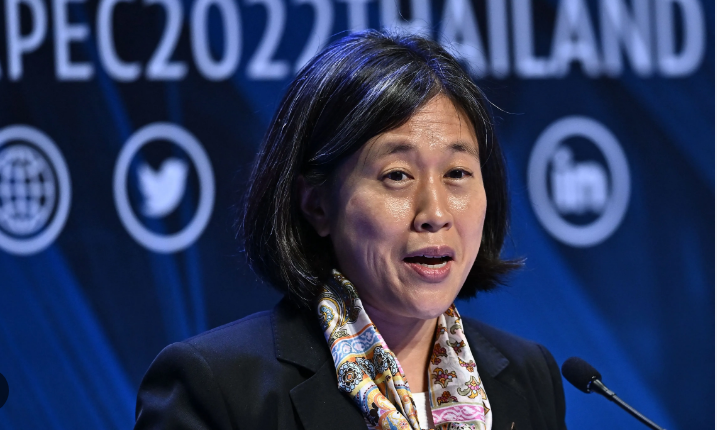Katherine Tai’s participation is in response to concerns that the licensing regime may affect exports from companies like Apple and Dell and push businesses to increase domestic production.

According to a statement, India’s recent directive requiring permits for the import of laptops, tablets, and personal computers has given U.S. trade representative Katherine Tai cause for worry.Tai’s involvement is in response to concerns that the licensing system may affect exports from companies like Apple and Dell and push businesses to increase domestic production.
The United States released a statement after Tai met with India’s Trade Minister Piyush Goyal on August 26. “She noted that there were stakeholders that needed an opportunity to review and provide input to ensure that the policy, if implemented, does not have an adverse impact on U.S. exports to India,” the statement reads.

The goal of India’s new licensing system, which will take effect on November 1, is to “ensure trusted hardware and systems” are imported into the country. According to an Indian government official, it also aims to lessen reliance on imports, increase domestic production, and partially alleviate the nation’s trade deficit with China.
According to the statement, India and the U.S. will also keep talking in order to resolve their sole bilateral issue at the WTO, which includes restrictions placed by New Delhi on some agricultural imports entering the country. Six further issues were settled amicably early this year.




































